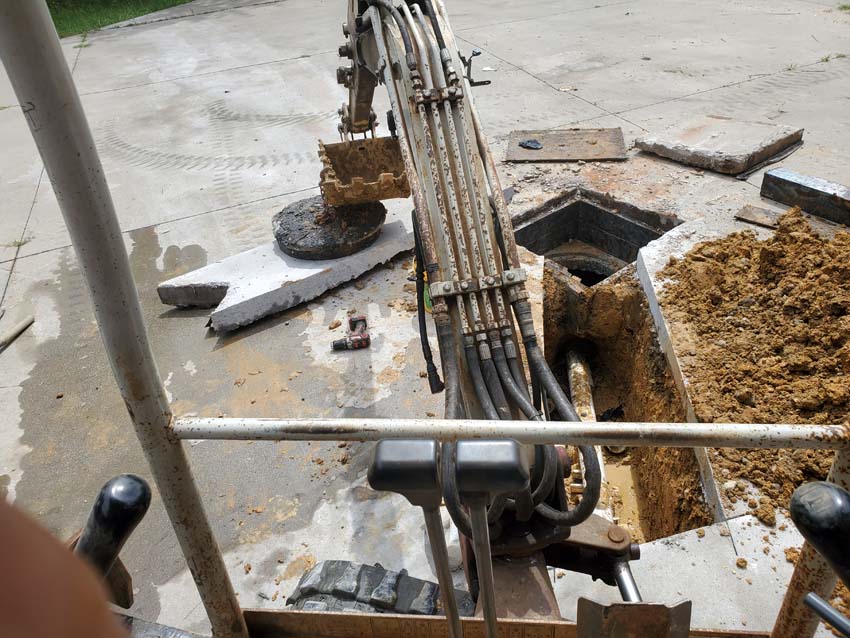A septic inspection is a vital part of homeownership. It is important to regularly inspect the condition of your septic system to ensure proper functioning and avoid costly repairs in the future. A septic inspection involves inspecting all components of the system, including tanks, baffles, drainfields, and other parts. This process can also include an analysis of wastewater samples to check for any contamination that could lead to health or environmental issues. Additionally, an inspector may recommend maintenance or upgrades as needed. While it may seem like an unnecessary expense, a septic inspection can save you money in the long run by preventing major problems from occurring down the road.
